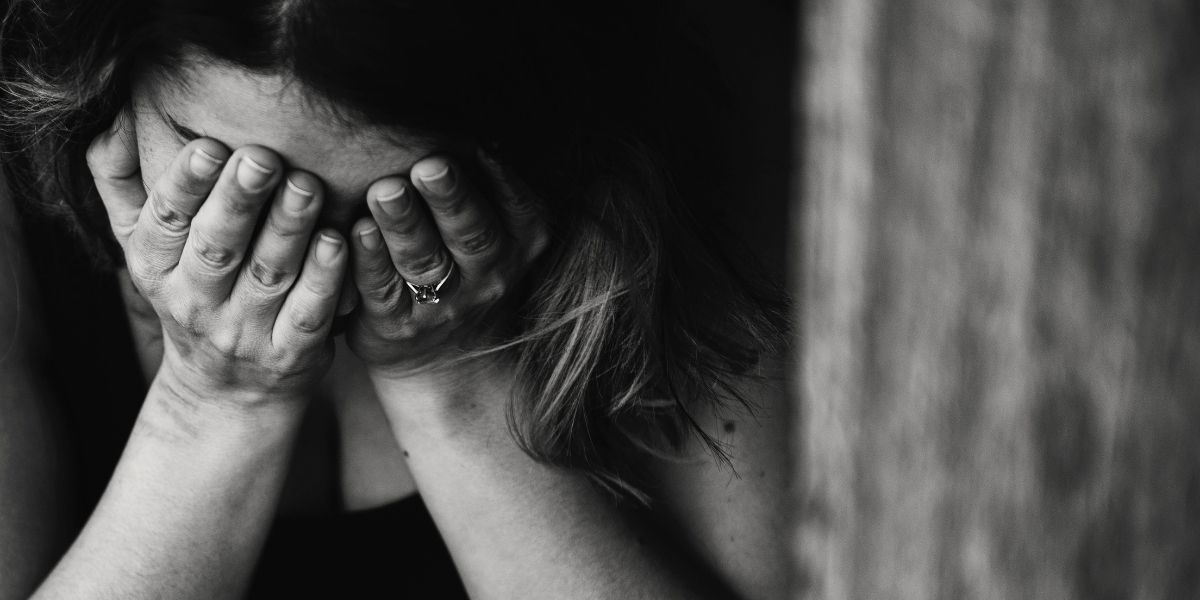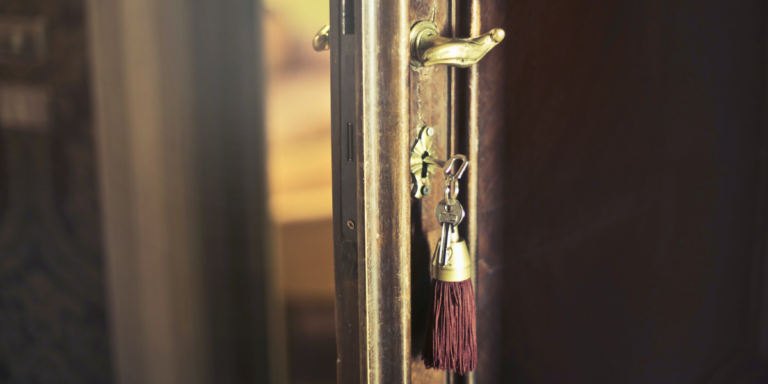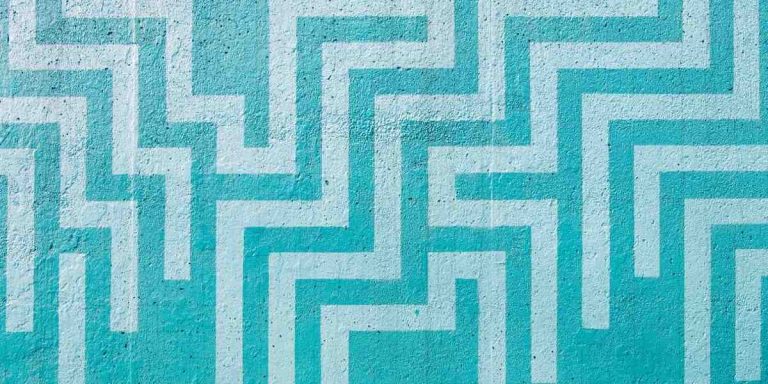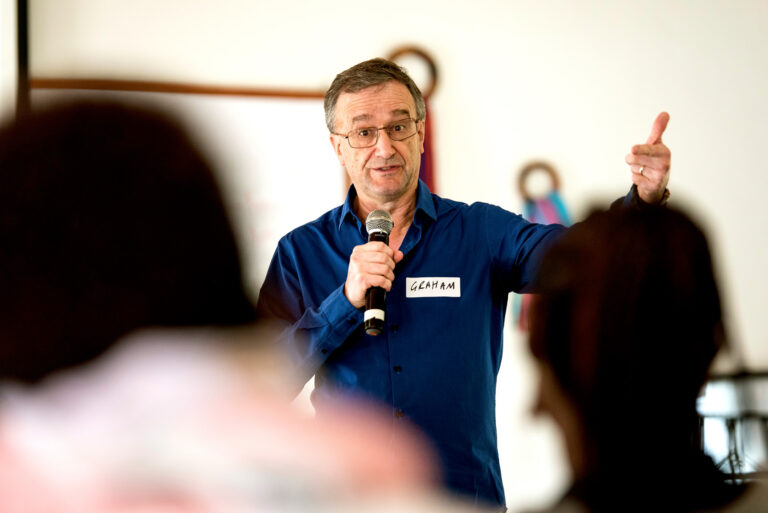Fed Up With Coronavirus? A Suggestion From Week 22…
Our Psychosocial Director GRAHAM FAWCETT explores a feeling we can probably all relate to at the moment.
If we could invent a term for the stage we are at psychologically with the pandemic it would be ‘fed up’.
We’ve realised that our confident hopes that this would all be finished by September are unrealistic. We’ve stepped back from the initial fun of Zoom meals, cocktails or other gatherings. Summer holidays didn’t happen, were washed out or curtailed in a dash to get back before new regulations started. No one is going anywhere on a plane with a logo on it. School may happen – or not. We not only have no idea what we did in May or June, but we have no idea what the next few months will bring either.
Prior to the pandemic, we carried a sense of agency, control, and even power. Our plans worked most of the time, even if we made them for months in the future. We could do things spontaneously, knowing there was some sort of predictable infrastructure to support them, whether it be popping to the shops, gym, bar, town or city centre (all of which would be open, functioning and welcoming). We knew what would work, what activities to avoid, and when and how to navigate the uncertainty of a cancelled train, plane or bus or the inconvenience of not being able to buy what we wanted.
Empowered, we swept into the pandemic certain we could navigate the petty annoyances of queues, no transport, working and living apart, no pasta/milk/flour, the politics of masks, walking past people at a distance, not going far… or indeed anywhere.
The inertia kept us going for a long while. We mobilised our abilities to adapt. And then adapt again – hitting the reset button every time we ran into another disappointment. But it was hard work – harder than we appreciated – and steadily we began to run out of ‘oomph’. The energy we needed to keep going was fading, as plans changed back and forth, as time somehow swept on with no markers to remind us what we did in April, May or June, and as the end we hoped for receded like a mirage in the desert. The long haul of a few months became the long haul of six months, the rest of the year, next year. How are we supposed to continue adjusting when what we’re adjusting to is more uncertainty? With our surge capacity ending, we’re entering a season of what psychologists like to call ‘Learned Helplessness’.
“If we could invent a term for the stage we are at psychologically with the pandemic it would be ‘fed up’.“
The news stopped being reassuring and started becoming alarming. then confusing. Then best ignored, if we wanted a good night’s sleep. The experts said this, then that, then something completely different and, with the exception of a few (women) heads of state, politicians failed utterly to be effective.
Learned Helplessness is what happens when, no matter what people do, they fail or get hurt. The most sensible thing to do at that point is to give up. And that’s when humans enter a phase of feeling depressed in a ‘I give up’, ‘I can’t do this anymore’, ‘I’m staying put’ sort of way.
So, what to do? At this stage, blogs often have a ‘ten tips for a happier you’ section. Mostly they’re infuriating, irrelevant, impractical or trivial. The key, when experiencing learned helplessness, is to recognise it is an attitude or a stance. The quickest way to induce helplessness is to give someone multiple, seemingly easy tasks (a puzzle for example) that actually can’t be solved. After a while they give up. It doesn’t mean they can’t solve a crossword, sudoku or chess at all, but for a while they think that’s the case.
Nothing external to us is changing markedly anytime soon. Nothing we have done has changed that. Our danger becomes that we don’t think we can solve or do life anymore.
Changing this might suggest that we can do some of life, some of the time whilst also recognising that we miss deeply the parts of life we can no longer do. It may be that we need a new bucket list. Less ‘Great Wall of China’ and more ‘change that annoying lightbulb’. We need a new thought life. Less ‘if only…’ or ‘why can’t I…’ and more ‘perhaps I could…’ and ‘maybe I could try…’. We need to move. Not house, town or country. But seat, view, routine. Mix things up a little.
At the moment, we can’t do all of our life all of the time, or when we plan to. But we can do some of our life, some of the time, and often spontaneously.
At the end of all psychology experiments in learned helplessness, what all the participants need is a small win to feel markedly better. Today, what’s your win?










